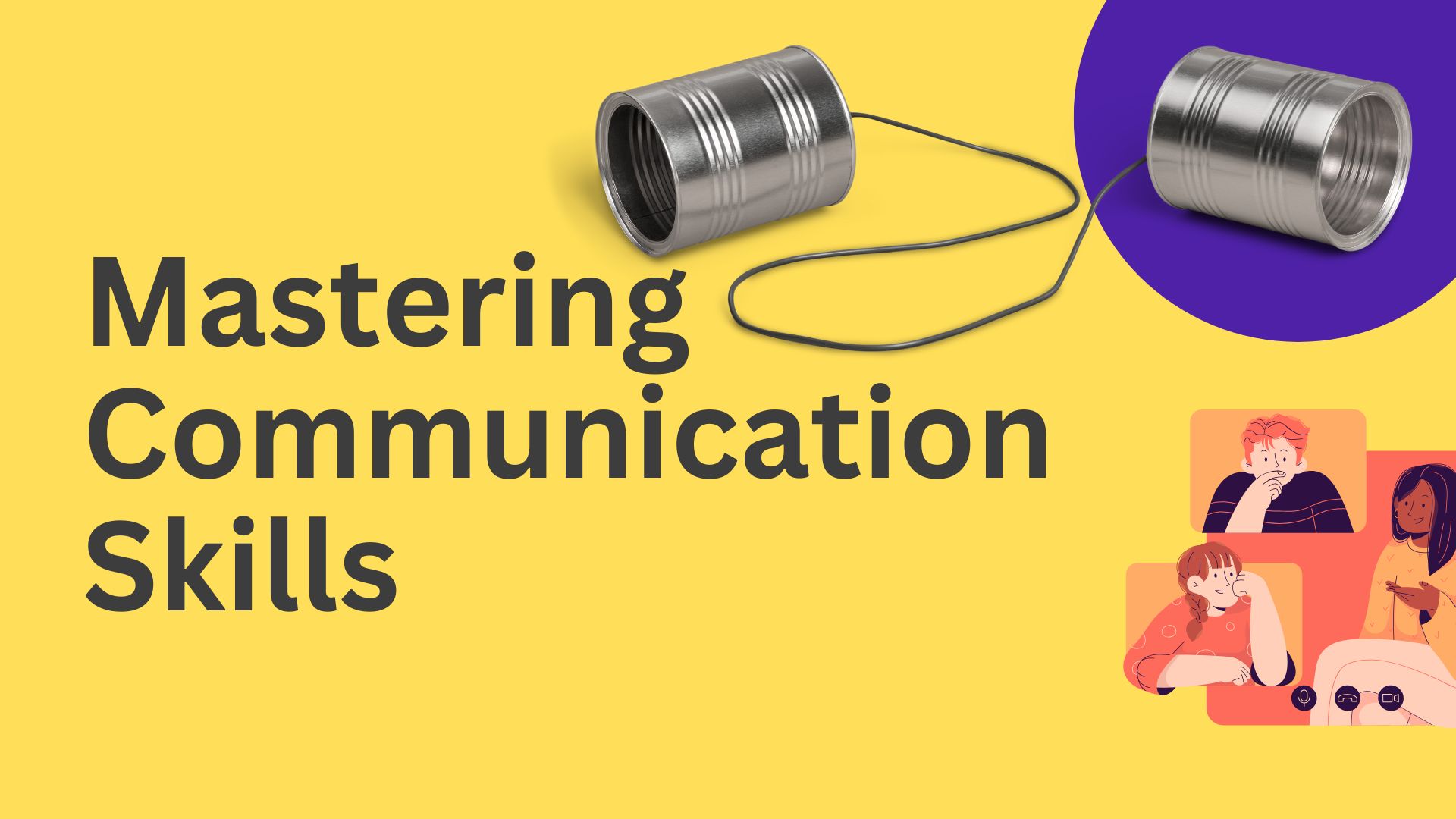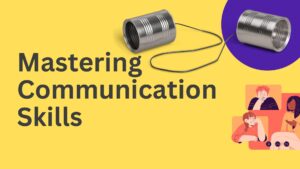How To Improve Communication
How to Improve Communication Skills
Improving communication skills is essential for success in personal, academic, and professional life. Communication is more than just speaking or writing; it is about clearly expressing your thoughts, listening effectively, and connecting with others. Whether you’re having a conversation, giving a presentation, or writing an email, strong communication can help you build relationships, avoid misunderstandings, and achieve your goals. Here are some effective ways to improve your communication skills:
1. Practice Active Listening:
Good communication starts with good listening. Active listening means giving your full attention to the speaker without interrupting. Show that you are engaged by maintaining eye contact, nodding occasionally, and responding appropriately. Avoid distractions like checking your phone or thinking about what you will say next. By truly understanding what others are saying, you can respond more effectively and build better connections.
2. Expand Your Vocabulary:
Having a strong vocabulary allows you to express yourself more clearly and confidently. Read books, articles, and blogs regularly to learn new words and phrases. Try to use them in your daily conversations or writing. A rich vocabulary not only improves your speaking skills but also enhances your writing and helps you avoid repetition.
3. Work on Your Body Language:
Non-verbal communication plays a big role in how your message is received. Your body language, facial expressions, posture, and gestures all communicate your attitude and emotions. Maintain good eye contact, sit or stand up straight, and use open gestures. Avoid crossing your arms or looking disinterested, as these can send the wrong signals.
4. Improve Your Writing Skills:
Written communication is equally important, especially in academic and professional settings. To improve, start by organizing your thoughts before you write. Be clear, concise, and avoid using jargon or complex words unnecessarily. Proofread your writing for spelling and grammatical errors. Practice writing regularly—emails, essays, or even journals—to become more comfortable with the written word.
5. Be Clear and Concise:
Avoid using too many words to explain a simple point. The best communicators are those who can deliver their message in a simple and direct manner. When speaking or writing, get to the point quickly while making sure your message is complete and easy to understand. Being concise shows respect for the listener’s or reader’s time.
6. Ask for Feedback:
One of the best ways to grow as a communicator is to ask others for honest feedback. Whether it’s a friend, teacher, or colleague, ask them how you can improve. Accept constructive criticism with an open mind and use it to identify areas where you may be unclear, overly complex, or too passive.
7. Join Speaking or Drama Clubs:
Participating in public speaking or drama activities can boost your confidence and improve your verbal communication. Clubs like Toastmasters or school drama groups provide a supportive environment to practice speaking in front of an audience, improve articulation, and develop presentation skills.
8. Watch and Learn from Good Communicators:
Observe how skilled communicators speak in meetings, interviews, or on TV. Pay attention to their tone, clarity, and pacing. Learn how they handle difficult questions or connect emotionally with their audience. You can also watch TED Talks or speeches by great leaders to learn effective communication techniques.
9. Use Technology to Practice:
There are many apps and online platforms that can help you improve your communication skills. You can record your voice or videos to observe your speaking style and make adjustments. Tools like Grammarly can help with writing, while language learning apps like Duolingo can strengthen vocabulary and grammar.
10. Be Confident and Positive:
Confidence is key to effective communication. Believe in what you are saying and express yourself with conviction. A positive attitude makes others more likely to listen and respond well. Even if you’re nervous, practicing regularly will help you feel more comfortable and capable over time.
In conclusion, improving communication skills is a lifelong journey, but it starts with small, consistent efforts. By practicing active listening, enhancing vocabulary, refining body language, and seeking feedback, anyone can become a better communicator. Whether you’re trying to improve personal relationships, succeed in your career, or simply express yourself more effectively, strong communication skills are the foundation of success. Keep learning, stay open to growth, and remember that every conversation is a chance to improve.







































































Post Comment